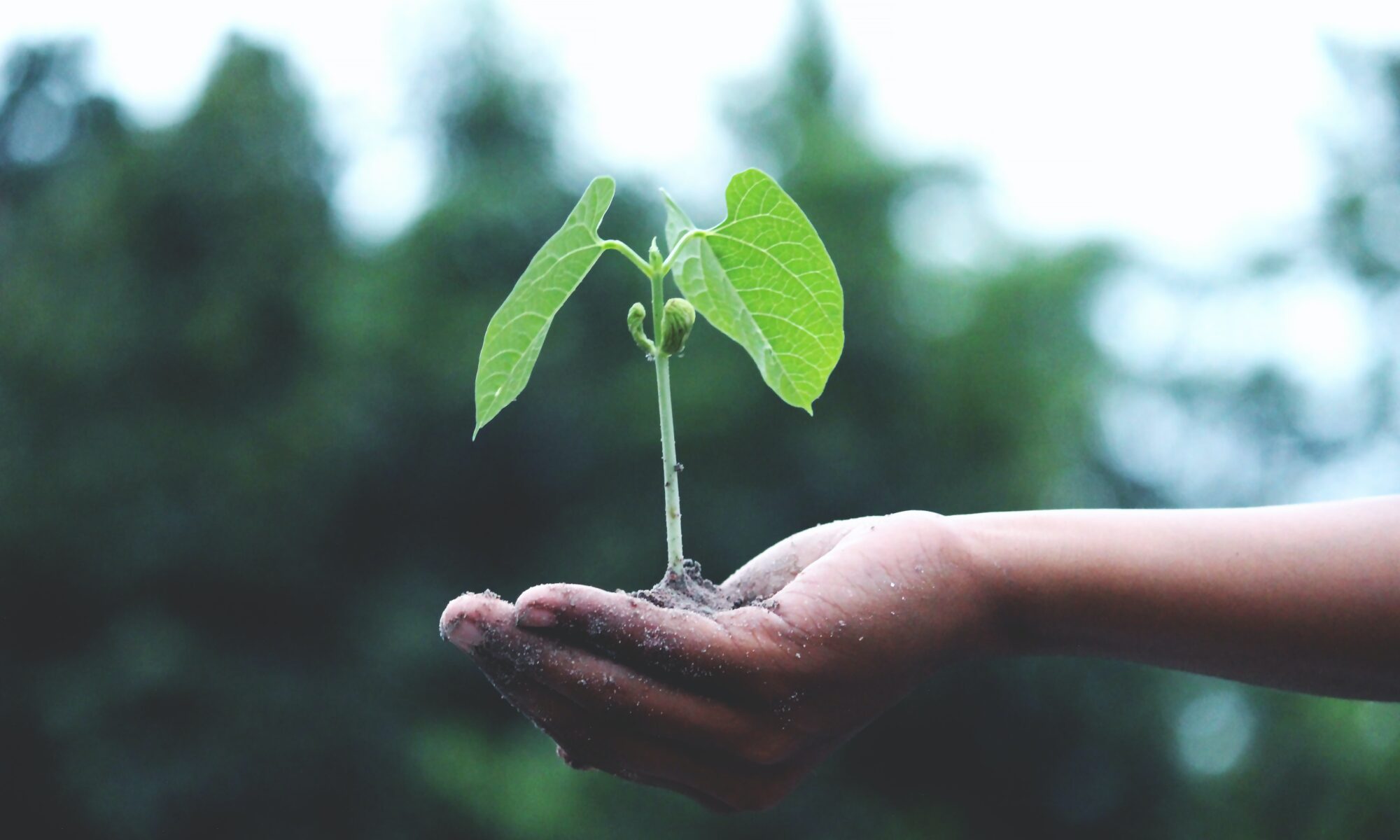According to the 2020 Global Risk Report, Mauritius is the 53rd most vulnerable country to catastrophe triggers connected to climate change. This causes warming not just of the planet’s surface but also of its seas, as well as an increase in the concentration of greenhouse gases in the atmosphere. This climatic change is caused by human activity (use of fossil fuels, intensive agriculture, deforestation and destruction of ecosystems).
The IPCC report
The 1.5°C temperature increase will intensify tropical cyclones, the effects of which will be felt more strongly on the SIDS (Small Islands Developing Sates) such as Mauritius and Rodrigues. Strong rain precipitation will be recorded, interspersed with longer periods of dryness. This is according to the Intergovernmental Panel on Climate Change (IPCC) report, which was released in February 2022.
Furthermore, the availability of housing would become increasingly limited in coastal areas and on reclaimed islands. The cause is an increase in sea temperature and sea level, as well as the degradation of aquatic ecosystems. This will be the source of food insecurity linked to water stress in the coming years.
The consequences in the near future
• Floods and disappearance of beaches
Populations around coasts and in low-lying coastal areas, in contrast, are more vulnerable to flooding. This increasing sea is predicted to bring the “disappearance of all beaches in fifty years”, if no action is done. Local fishers have also noticed that approximately 10 meters of beach had vanished in recent decades. However, Mauritius relies heavily on tourism, which is one of the country’s key economic drivers. The loss of a great majority of its beaches might thus prove to be a true calamity in this yet vulnerable industry.
Shellfish, which were formerly an important element of Mauritian culture, are among the species that have vanished owing to overfishing and water pollution. This is the case with the well-known Monetaria annulus, or golden ring, which represents love, luck, and good fortune. This one-of-a-kind mollusk was widely traded and bartered in Africa years ago.
• Proliferation of epidemics
Climate change is partly to blame for the intensity of illnesses that primarily strike the islands, such as chikungunya and dengue fever. These are caused by the growth of mosquitos carrying infectious illnesses as a result of changes in ecological equilibrium. The growth of relevant species is attributed to a rise in places with the most pronounced weather fluctuations. This would result in favorable conditions for larval hatching and the preservation of a good reproductive environment.
The objectives of the fight against climate change
Mauritius is committed to decreasing its greenhouse gas emissions by 30% by 2030, according to Kavydass Ramano, Minister of Environment, Solid Waste Management, and Climate Change. This follows the declaration made on February 16, 2021, and falls within the program’s Nationally Determined Contribution (NDC).
This will be accomplished by actions in sectors such as fisheries and coastal zone management, as well as green recovery for economic development. Several action programs, including the Climate Promise Initiative and the Climate Change Act, will be implemented. In terms of money, the French government has allocated 200,000 euros to the Mauritian government to help it carry out its responsibilities. The United Nations Development Program (UNDP) has also provided funding in the amount of $300,000 USD.
